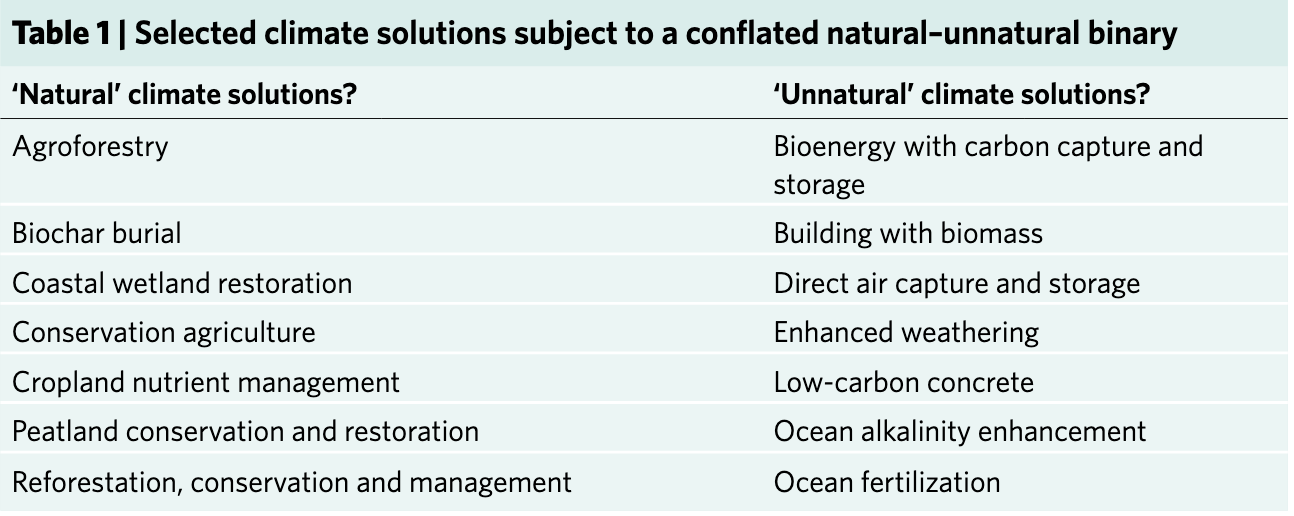Conspiracy
- The Making of QAnon: A Crowdsourced Conspiracy by Bellingcat
-> Lots of re-hashing, but super interesting for its presentation of the genealogy / sedimentation then explosion of conspiracies when the narrative / narrator manages to get it “right”. - Coronapolitics from the Reichstag to the Capitol by William Callison, Quinn Slobodian in Boston Review.
-> Nice summary of what’s going on in Germany. With an interesting emphasis on the entrepreneurial aspects of “diagonalism”, and how it ties different communities together.
STS
- McPherson, T. (2012). US operating systems at mid-century, the intertwining of race and unix. Race after the Internet, 21-37.
HCI at large
- Chapter 6 of Situated Action (because why not)
- Artistic Data Visualization: Beyond Visual Analytics by Fernanda B. Viégas and Martin Wattenberg
Anthropocene
- Bellamy, R., & Osaka, S. (2020). Unnatural climate solutions? Nature Climate Change, 10(2), 98-99.
the nature of natural climate solutions is far from self-evident, and that the boundaries of this category arise from a particular and contestable conceptualization of what constitutes external, non-human nature
As counterbalance :
- Carton, W., Asiyanbi, A., Beck, S., Buck, H. J., & Lund, J. F. (2020). Negative emissions and the long history of carbon removal. Wiley Interdisciplinary Reviews: Climate Change, 11(6), e671.
Bio-sensing for the win :
- In Poznan, Poland, eight clams get to decide if people in the city get water or not by Alexandru Micu
Covid
- Incidence and Secondary Transmission of SARS-CoV-2 Infections in Schools by too many authors in Pediatrics. The highly templated format of medical articles is quite intriguing. This article is a really nice example of action research in a time of crisis. Caring, while teaching and learning together.
BACKGROUND: In an effort to mitigate the spread of severe acute respiratory syndrome coronavirus 2 (SARS-CoV-2), North Carolina (NC) closed its K–12 public schools to in-person instruction on 03/14/2020. On 07/15/2020, NC’s governor announced schools could open via remote learning or a “hybrid” model that combined in-person and remote instruction. In August 2020, 56 of 115 NC school districts joined the ABC Science Collaborative (ABCs) to implement public health measures to prevent SARS-CoV-2 transmission and share lessons learned. We describe secondary transmission of SARS-CoV-2 within participating NC school districts during the first 9 weeks of in-person instruction in the 2020–2021 academic school year.
METHODS: From 08/15/2020–10/23/2020, 11 of 56 school districts participating in ABCs were open for in-person instruction for all 9 weeks of the first quarter and agreed to track incidence and secondary transmission of SARS-CoV-2. Local health department staff adjudicated secondary transmission. Superintendents met weekly with ABCs faculty to share lessons learned and develop prevention methods.
RESULTS: Over 9 weeks, 11 participating school districts had more than 90,000 students and staff attend school in-person; of these, there were 773 community-acquired SARS-CoV-2 infections documented by molecular testing. Through contact tracing, NC health department staff determined an additional 32 infections were acquired within schools. No instances of child-to-adult transmission of SARS-CoV-2 were reported within schools.
CONCLUSIONS: In the first 9 weeks of in-person instruction in NC schools, we found extremely limited within-school secondary transmission of SARS-CoV-2, as determined by contact tracing.
Syllabi
- Probability and Statistics by Conor Houghton and Anne Roudaut at Bristol University
- Design-driven ecosystems for the digital transformation of society (pdf) – A new Marie Skłodowska-Curie PhD Network recruiting 15 students.
We are living in the midst of a digital transformation of society. The industrial revolution happened, and it’s over. Yet, design practice is stuck in the past and struggles to reconcile human values and algorithmic logics into socially, economically and politically sustainable models. We lack the knowledge, skills and roles within companies or organisations to design for interaction with autonomous technologies in ways actually beneficial to humankind, and thus to responsibly anticipate and steer this transformation. Imagining and manifesting alternative futures has to be a proactive effort. It’s time to rethink design and create new pathways to the future. DCODE aims to break new ground by positioning agency as foundational to the design of digital futures as was once the notion of function to industrial design.
Skimmed
Conspiracy / nationalism / extreme right
- TRUTH Always Wins: Dispatches from the Information War (pdf) by Sarah Hartman-Caverly (2019) in Libraries Promoting Reflective Dialogue in a Time of Political Polarization
- Digital nationalism: Understanding the role of digital media in the rise of ‘new’ nationalism by Sabina Mihelj and César Jiménez‐Martínez (2020) in Nations and Nationalism.
Listened to
- Histoire de l’Internet par Valérie Shafer (2016)
- The Anti-Social Not-Work with Glenn Greenwald and Zephyr Teachout on Bad Faith Podcast
- Limits, Degrowth, and Environmental Justice by Giorgos Kallis
Not read
Peer-reviewed articles
- Situated Actions and Vocabularies of Motive by C. Wright Mills – American Sociological Review. 1940.
- Anna Tsing (2009) Supply Chains and the Human Condition, Rethinking Marxism, 21:2, 148-176, DOI: 10.1080/08935690902743088
STS
- THE CALIFORNIAN IDEOLOGY by Richard Barbrook and Andy Cameron (August 1995)
- See also Louis Rossetto’s Rebuttal of the Californian Ideology
Books
- Controverses mode d’emploi par Clémence Seurat et Thomas Tari – Préface de Bruno Latour Presses de Sciences Po 2021
Listen list
- The Anti-Dystopians – The Politics Podcast About Tech
- 99% invisible – a podcast about architecture and design
